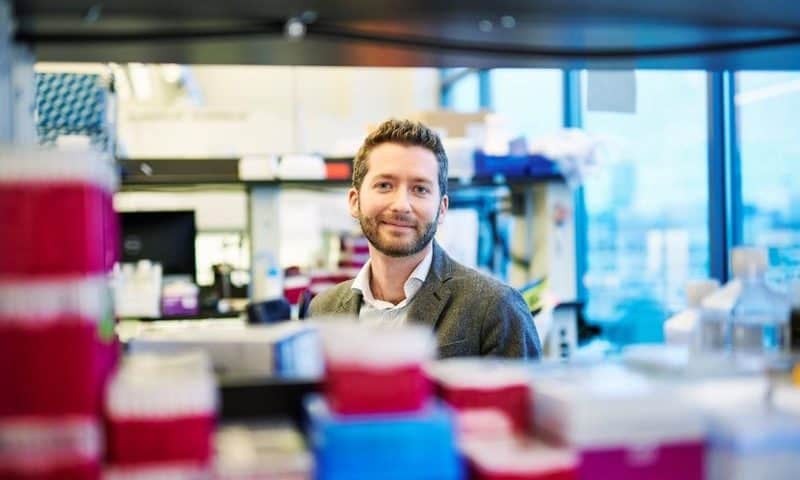When Takeda teamed up with Finch Therapeutics on inflammatory bowel disease (IBD), it planned to pick up programs after they’d finished phase 2 trials. Now, the Japanese pharma is moving that timeline up, taking the lead on an ulcerative colitis program before it hits the clinic.
Under the deal, struck in April 2017, Takeda, which sees GI as one of its core areas, handed over $10 million upfront for the worldwide rights to develop and sell FIN-524, a microbiome treatment for IBD. The duo didn’t reveal other financial details at the time but has since disclosed that Finch could collect up to $180 million in payments if certain biobucks goals are met. Takeda also received the rights to follow-on products in IBD.
The original agreement had Finch responsible for early-stage development through phase 2 studies. In November 2019, the duo expanded the deal to include the use of Finch’s technology to target Crohn’s disease, a form of IBD.
Now, under the amended deal, Takeda will take the lead on the development of FIN-524, now known as TAK-524 in ulcerative colitis, the companies said in a statement. Finch will provide “ongoing technical support” through the phase 1 trial of the treatment.
With TAK-524, the companies aim to offer better treatments for ulcerative colitis, in which the immune system goes awry and causes inflammation and ulcer in the lining of the large intestine. Doctors typically prescribe drugs that curb inflammation, including steroids, biologics and immunosuppressants. Some patients may undergo surgery if medicines don’t improve symptoms.
Given by mouth, TAK-524 is made up of bacteria strains designed to fight ulcerative colitis at its source—by harnessing the influence of the gut microbiome on the immune system. Some of the bacteria target “multiple mechanisms of action,” while others are linked to disease remission in patients with ulcerative colitis.
Besides TAK-524, Finch and Takeda are working on a preclinical-stage program in Crohn’s disease. Finch’s lead program, CP101, has completed its first pivotal trial, beating the standard of care at banishing recurrent Clostridioides difficile, or C. difficile, infections in phase 2.
Diseases of the gut, such as IBD, are a natural target for microbiome-based medicines, but the approach could be used in other diseases, too. Finch is also developing CP101 for chronic hepatitis B infections and is working on another program, FIN-211, for autism spectrum disorder.

